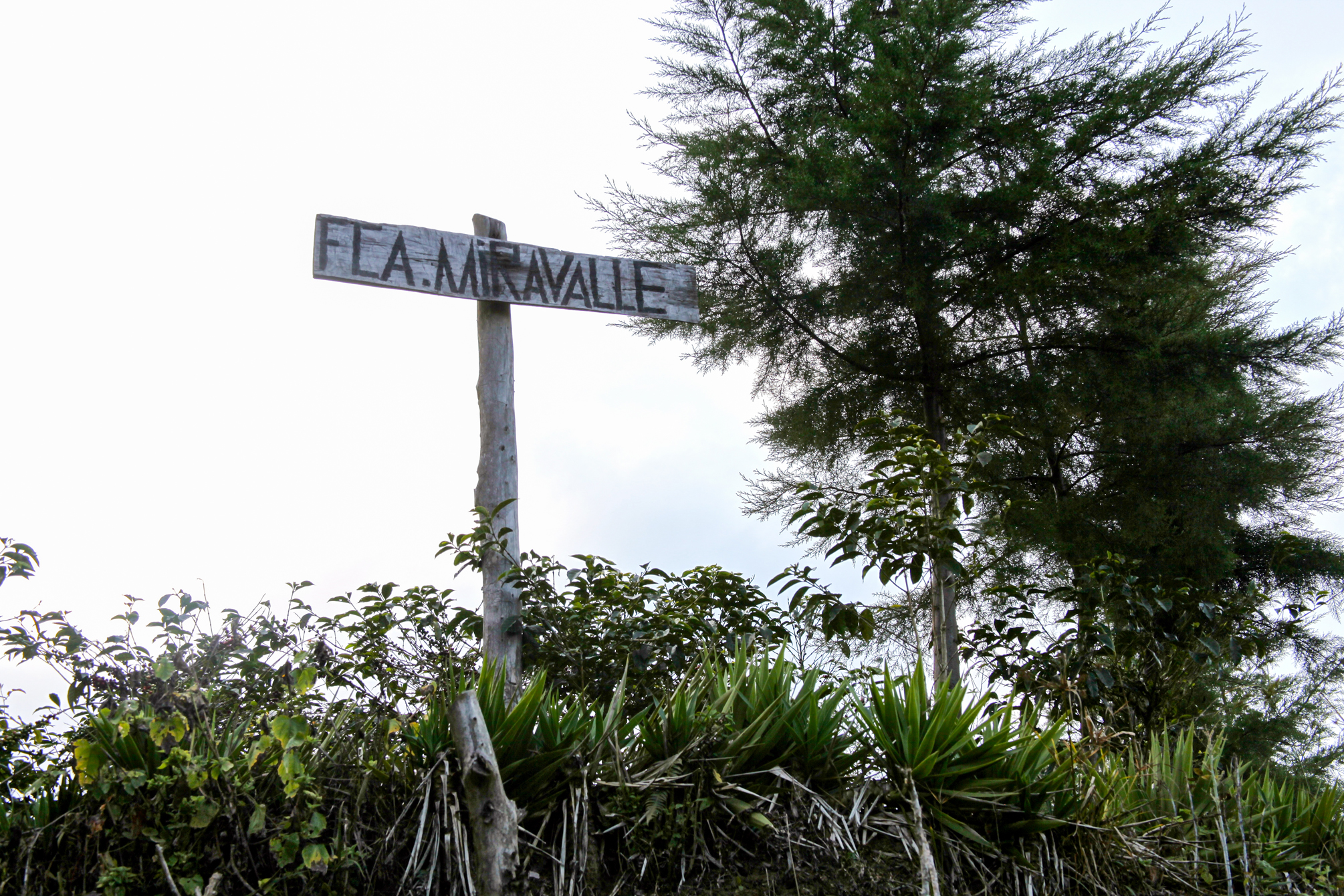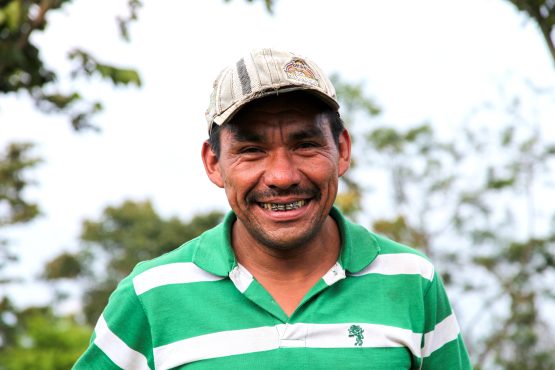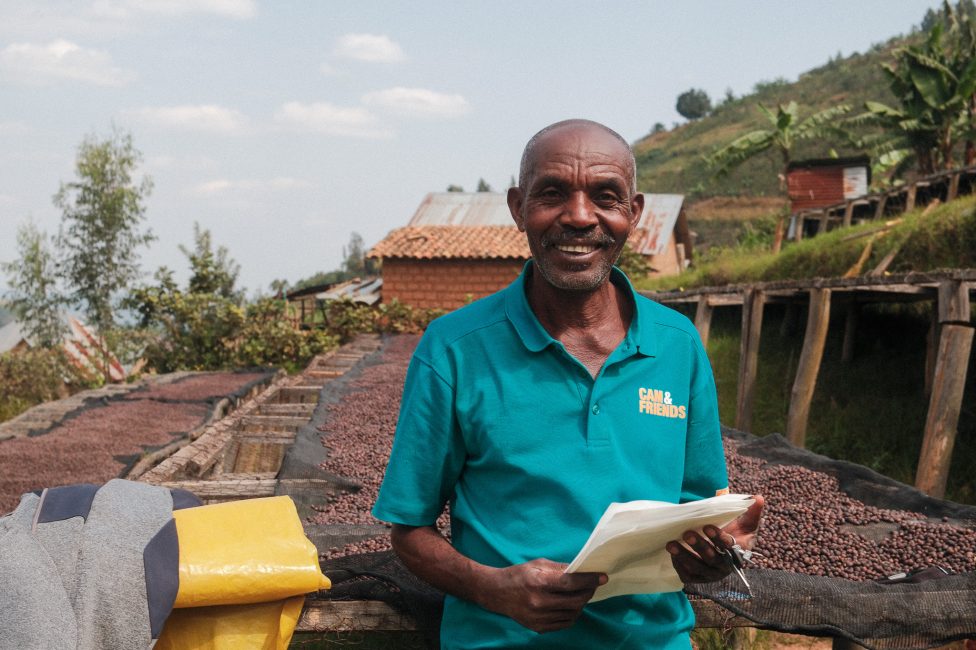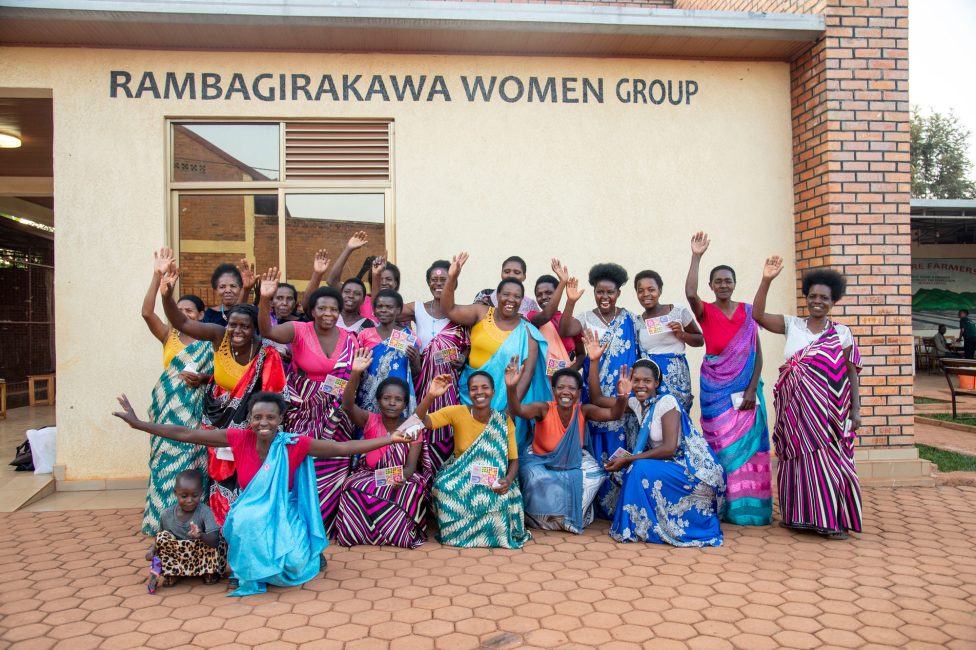Miravalle
Floral, complex and elegant, with juicy mandarin acidity, candy sweetness and notes of cherry, berries and dark chocolate.
Finca Miravalle is located in the fertile foothills of the Santa Ana volcano, at an altitude of 1700 – 1800m above sea level, on the Ilamatepec mountain range in El Salvador. The farm is owned by Dr. Jaime Menendez, whose family have been producing coffee in El Salvador for several generations. Although Jaime has a full time job as a doctor, he still maintains the love of coffee farming that runs deep in his family. His legacy, in turn, is some stunning coffees produced on Miravalle’s high slopes and a passion for farming coffee that he has been passed on to his son, Jaime, as well.
Dr. Menedez’s father, Amadeo Riera y Solsona, purchased this farm in 1980, naming it Miravalle (Look at the Valley or Overlooking the Valley) for its spectacular view. The farm is located along the same ridge as some very high profile coffee farms, including Las Delicias, Suiza, and Aida Battle’s farms, all of which are renown for their high quality and unique cup profiles.
When Amadeo first purchased the small 12-hectare farm it was only planted out with two hectares of wild Bourbon trees, many which were more than 2.5m high. He set about pruning back the trees and renovating, establishing a great foundation for quality coffee that has benefited the farm today. Dr. Menendez inherited the farm from his mother after his father passed away. Today he manages the cultivation of its 12 hectares with the help of his son, Jaime Menendez Junior, and the farm field manager, Luis Flores, and his son (also Jaime). Luis has worked on the farm for 7 years and managed it for the last 4, and his meticulous execution of Dr. Menendez’s farming plan has resulted in a farm that not only has won the Cup of Excellence 3 years running but is also nearly untouched by the rust that has ravaged other areas of El Salvador.
Today Miravalle is planted out with a wide range of varieties. Around 85% of the coffee planted is Red and Orange Bourbon, while the remaining 15% of varieties planted include Yellow and Pink Bourbon, Pacas, Bourboncito (Dwarf Bourbon) and SL28. These varieties are dispersed in between the Bourbon trees, and this lot (like every lot from Miravalle) is made up of a mix of all of these varieties. Jamie likes to experiment and believes that variety diversity strengthens the plants as well as the coffee. Jaime makes a point of not separating the lots by variety, attributing this unique variety mix, along with the farm’s location and altitude, as the key to what makes it unique. He explainied, ‘This is what makes the cup profile of Miravalle so special’. According to Dr. Menendez, when they’ve separated individual varieties out for cupping in the past, the coffee loses its magic.
And indeed, the coffee is incredibly special, a fact that has been recognised in the Cup of Excellence competition. For the last seven years, Miravalle been an award winner in the Cup of Excellence (most recently placing 13th in the 2015 competition). Their winning strategy is simple. They simply enter the same coffee that they produce ‘every day’ rather than selecting out a special or unique lot. Their COE lot & sample is representative of their entire production.
Coffee on the farm is grown in the shade of native Ingas, Cypress and Gravileo species. Under the watchful eye of Luis, the very ripest cherries are selectively hand-picked. On our recent visit to Miravalle we were interested to note that the cherries they select are super ripe, and in the case of the Red Bourbon, they wait until the beans have reached almost a rich purple colour, which may explain the very fruit-driven cup that Miravalle produces. Typically they do three to four passes of picking throughout the season to ensure only the very ripest cherries are selected.
The harvest at Miravalle is slightly later than other farms in El Salvador (typically running from mid Feb to late April). This is due to the high altitude, which means that the coffee cherries tend to ripen slowly, allowing a higher concentration of sugars to develop, and resulting in a sweet and complex coffee. After picking, the coffee is pulped and fermented and then dried on clay patios in the sun.
During harvest Finca Miravalle employs around 35 selected pickers from the surrounding areas. Finding workers around this area is very difficult because many people migrated to the lower plains after Santa Ana’s eruption in 2005. As a result Miravalle pay their pickers almost 40% above the minimum wage.
Jaime is highly motivated to keep up with the high standards he has set and to continue to improve the quality each year. He thinks the key to this is motivating the people that work on the farm, teaching them the importance of their role, and improving and sharing the benefits to everyone involved.
From our perspective, there’s very little room for improvement! We have been lucky enough to have been purchasing Miravalle since 2011. Every year we fall in love with this coffee all over again. It is always incredibly complex, fruit-driven and elegant, with the perfect weight for espresso and clarity and elegance for filter.



